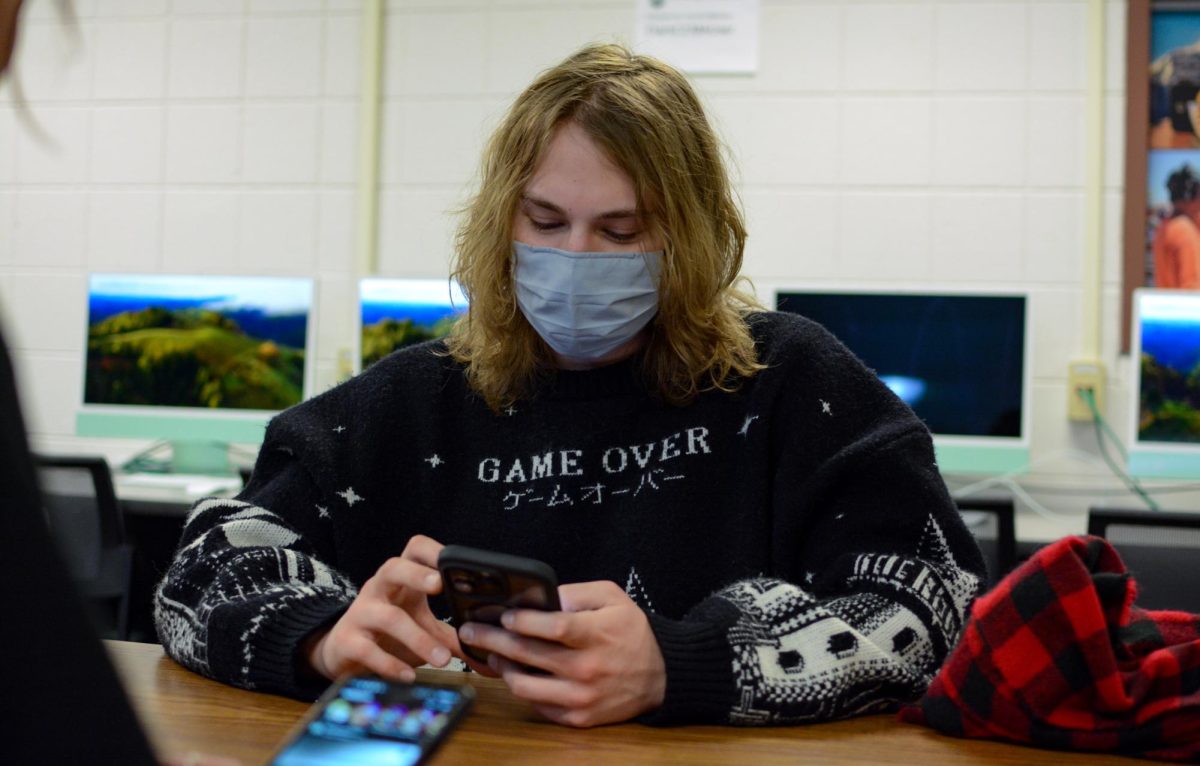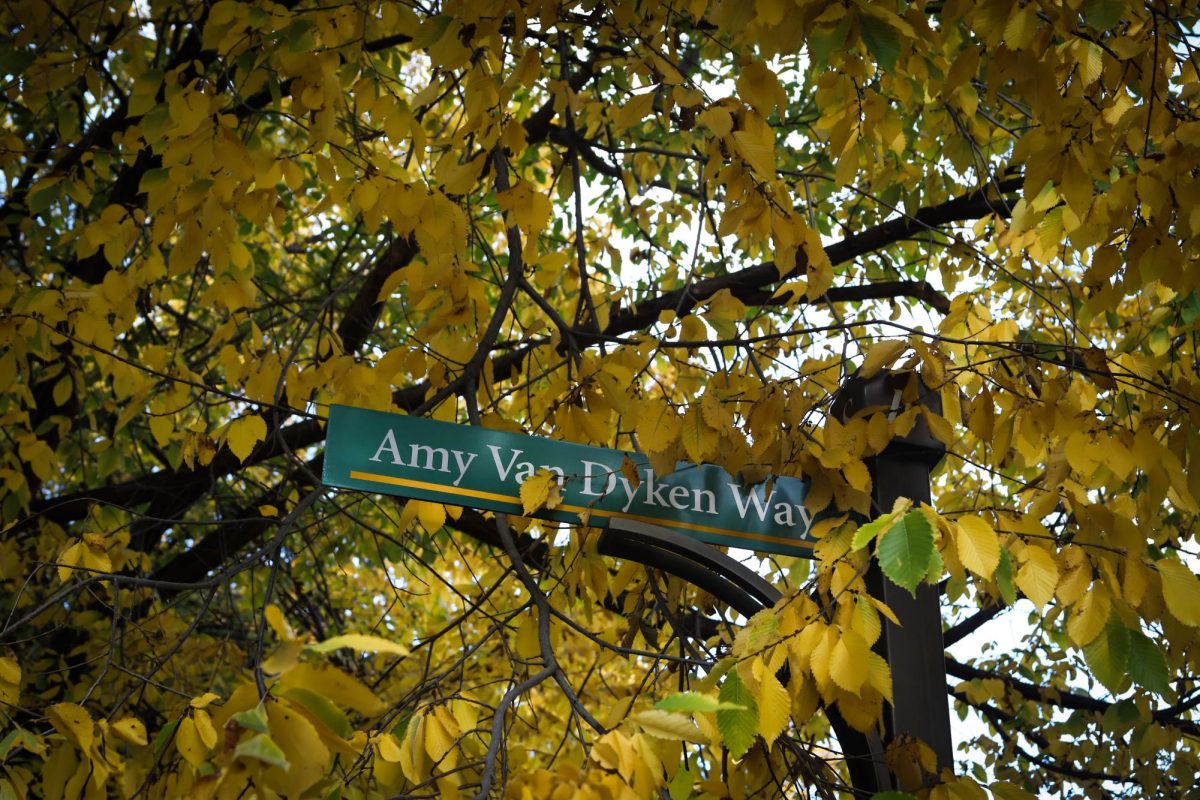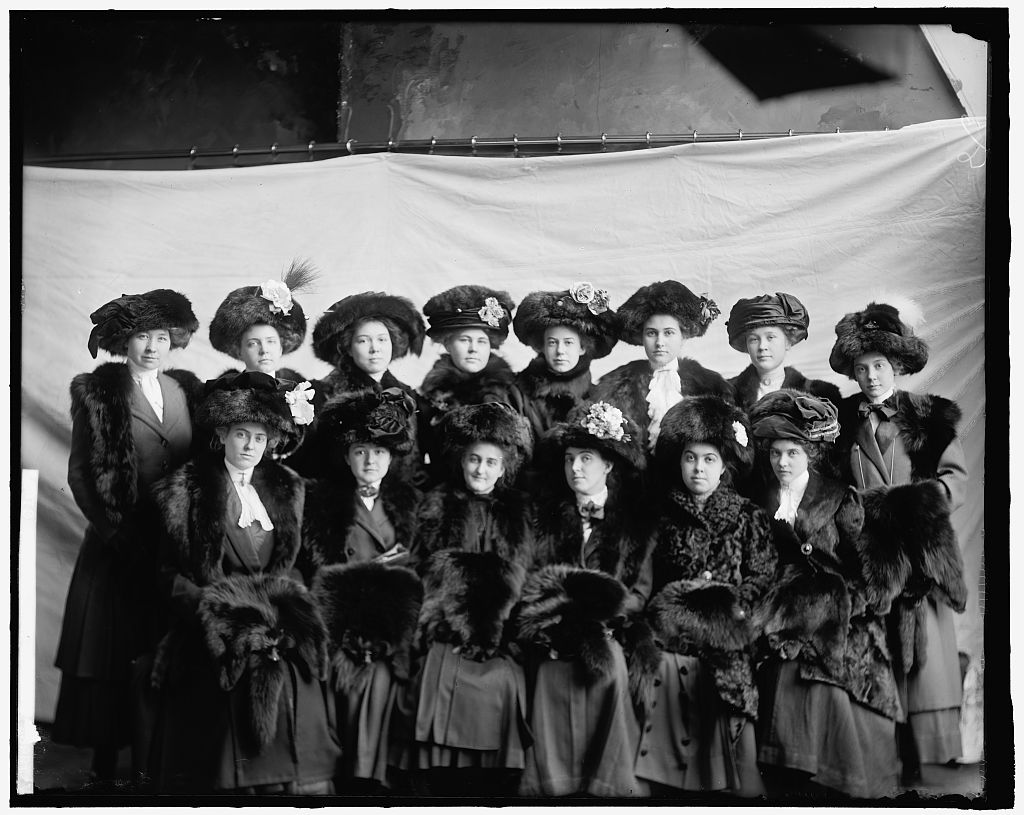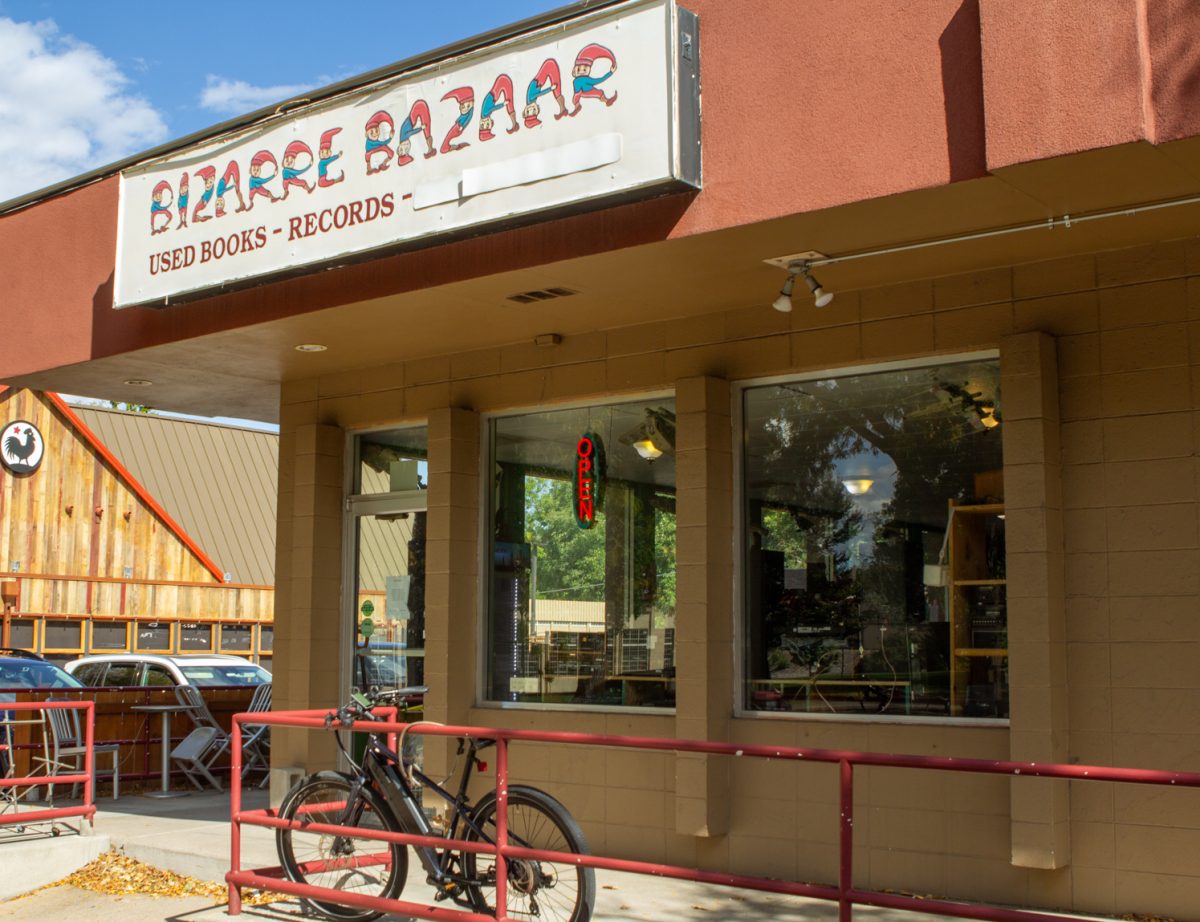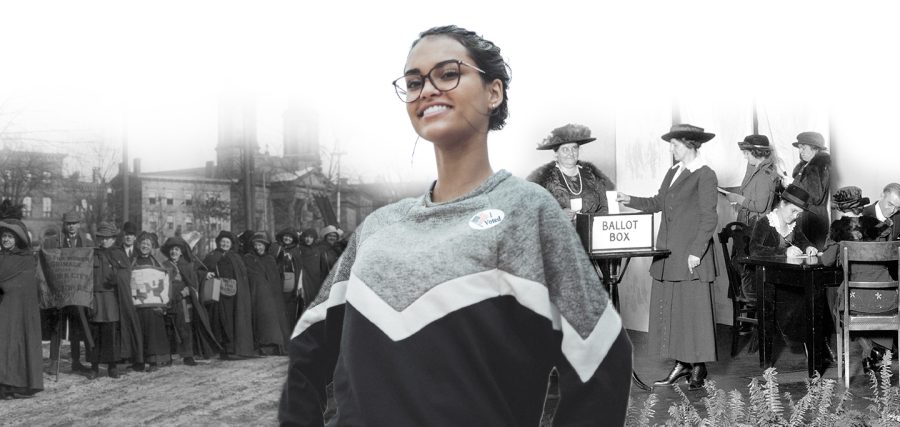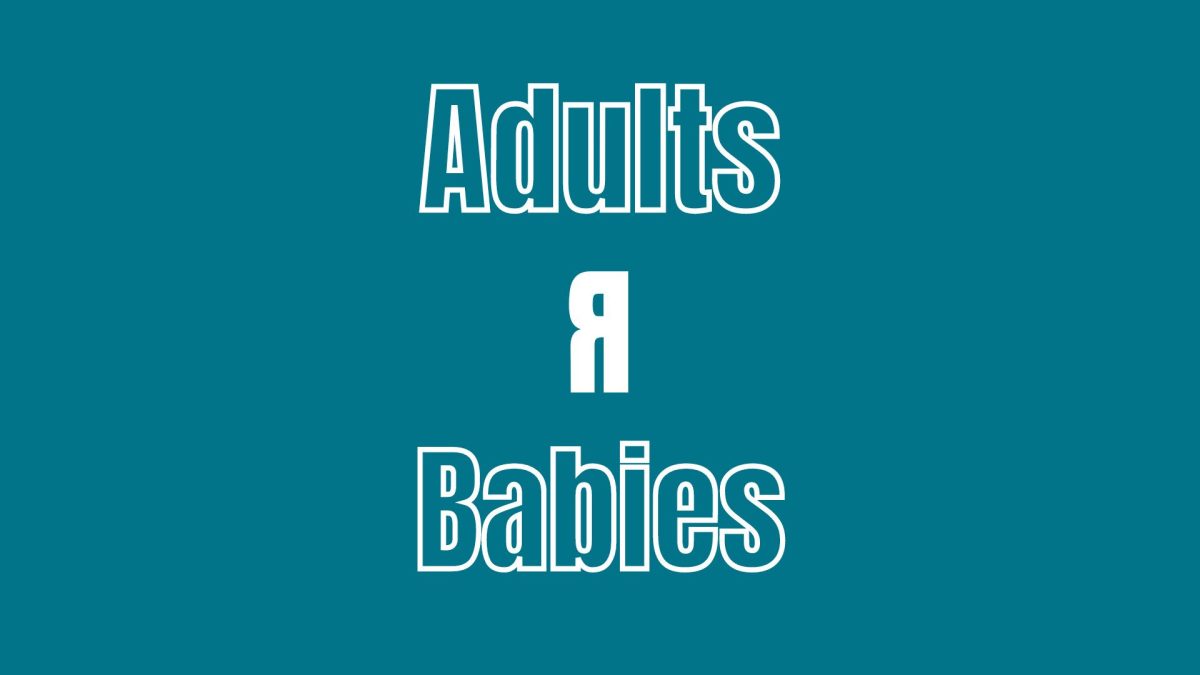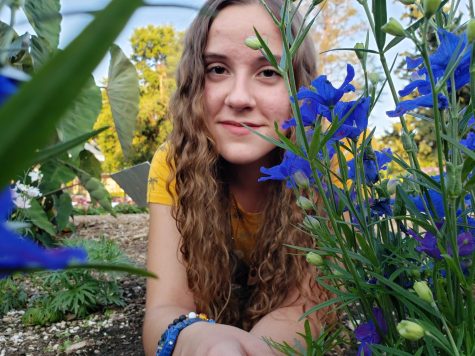Depending on how you look at it, 100 years can feel like forever, or in the grand scheme of history, it can feel like a brief moment.
Either way, as of Aug. 18, 2020, 100 years passed since the ratification of the 19th Amendment. This states that the United States Constitution prohibits the states and federal government from denying the right to vote to citizens on the basis of sex, but women of color still saw exclusion.
Latina women particularly felt the effects of racism and voter suppression. Not only could their vote be discounted for being a woman, but they could be discriminated against for the color of their skin, or even whether they understood English. The time between Latinx Heritage Month and Election Day calls for reflection on what it means to be Latinx and the power of having a voice in this upcoming election.
According to the Women’s Suffrage Centennial Commission, the suffragists started their fight for women’s equality in 1848 at what would later become known as the Seneca Falls Convention, the first women’s rights convention. After that women marched and protested for the right to vote for almost seven decades until the U.S. House of Representatives approved the 19th Amendment.
However, the way women received the right to vote is often a lot more complex than depicted in history books, if it is depicted at all. Many women of color were unable to vote long into the 20th century because of discriminatory state laws and practices.
Many women of color were unable to vote long into the 20th century because of discriminatory state laws and practices.
For the Latinx community in general, the ability to vote officially came after President Lyndon B. Johnson signed the Voting Rights Act of 1965 into law. This particular act prohibits racial discrimination in voting, but the Latinx community did not feel the full impact until the act was expanded in 1975 to protect “language minorities” which were considered “persons who are American Indian, Asian American, Alaskan Native, or of Spanish heritage” by Congress.
Today there are many more resources and numerous programs with the intent to help Latinx voters and engage the community.
New Era Colorado, a youth civic engagement organization, comes to campuses around election season asking people to register to vote. According to their mission statement, they “fight for a better Colorado for everyone, not just for a privileged few.” Although they are not focused specifically on the Latinx Community, their outreach with youth can help first-time voters and empower other people’s voices.
Especially since, even today, with all of the amendments, programs and laws providing people with equal opportunities to have their voices heard, voter suppression persists, and some of the past problems still hang around.

Arianna Morales, the regional advocacy manager for New Era Colorado, says there is still a huge language barrier when it comes to the polling stations and false information spread around.
“It is really important that we have translators and folks who are bilingual or speak Spanish in those centers,” Morales said. “I’m not sure if this is specific to Colorado, but in general, black and brown folks are told more often they don’t have the proper identification to vote and Latinx voters are also told incorrectly a lot of the time that they weren’t listed on voter rolls, more often than any other group.”
That is true according to a study from the Public Religion Research Institute. Their 2018 poll on the challenges of voter knowledge, participation and polarization shows 10% of Black Americans and 11% of Hispanic Americans reported that they or a household member experienced being told their name did not appear, even though they registered.
Voter uncertainty and struggles especially affect young Latinx voters who are often the first in their family to cast a ballot.
“They don’t have a blueprint from their family about how to navigate this system,” said Morales. “So it’s really important that there’s folks like New Era and other organizations out there talking to young people to give them the proper information so that they can vote and navigate the system in a way that feels comfortable for them.”
“Oftentimes people just feel like, ‘oh, one vote less won’t matter you know,’ but in reality that one vote can make such a huge difference.” — Leslie Aguilar, third-year sociology major and Spanish minor
Students around campus have seen New Era Colorado and not only acknowledge their presence, but in turn realize the importance of their vote, like Leslie Aguilar, a third-year sociology major and Spanish minor.
“I feel like education or just lack of knowledge is something that definitely is a barrier for a lot of people,” Aguilar said. “I feel like also awareness of how much someone’s vote matters is a barrier as well. Oftentimes people just feel like, ‘oh, one vote less won’t matter you know,’ but in reality that one vote can make such a huge difference.”
Now more than ever, voting feels like an extremely high stakes activity, and COVID-19 changed the game entirely in terms of how we participate, according to Susana Muñoz, an associate professor and coordinator for the Higher Education Leadership Specialization at Colorado State University.
“I always say that we’re under four pandemics right now,” said Muñoz. “We have the racism pandemic, we have a coronavirus pandemic, we have the climate pandemic and we have the economic pandemic.
“We almost feel sort of exhausted, but I understand that the main importance of this election is much more paramount than I think I’ve ever remembered it ever being,” Muñoz said.
However, voting is not just thinking about one’s best interests. In the Latinx community especially, votes will affect others who may not have the same opportunity to vote. Muñoz mentions that Latinx people need to make sure they are working in an “intersectional multicultural coalition” with one another that covers the needs of everyone regardless of whether they can vote or not because sitting on the sidelines is not an option for anyone at this point.
Even in an all-around overwhelming and exhausting time with so much at stake, Muñoz also reminds us that it is important to remember those that came before in the fight and how one voice can help others.
“I think I go back to that because as a Latina, as an immigrant, I know that there were a lot of sacrifices made for me to be in a position where I can vote,” said Muñoz. “And so, I’m always reminded and grateful for the women of color before me that helped pave the way for me to have a voice.”
College Avenue contributor Aspen Flores can be reached at editor@collegeavemag.com. or on Twitter @aspen_flores.


